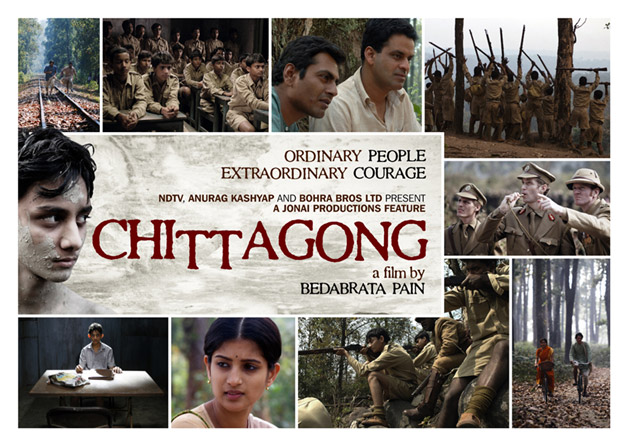Hari Sharma Memorial Lecture 2014
Sanjay Kak
“ Martyr and Witness: Reflecting on Kashmir”
And Conversation on Kashmir with David Barsamian
Monday, March 31, 5,30 pm – 8.30 pm
1420-1430 Segal Centre, SFU Harbour Centre, 515 West Hastings Street, Vancouver
What does it mean to witness the continuing trauma of Kashmir, in a state of insurgency of varying intensity since 1989 and with some 600,000 troops maintaining a regime of impunity, where truth is buried deep every day, and in ever more complicated ways? Using excerpts from his 2007 film, Jashn-e-Azadi (How we celebrate freedom) documentary filmmaker Sanjay Kak reflects on his experience of the most recent phase of Kashmir’s elusive search for freedom, for Azadi.
Based in New Delhi, Sanjay Kak’s many award-winning films include In the Forest Hangs a Bridge (1999) about building a bamboo bridge in North East India, Words on Water (2002) on the struggle against big dams on the Narmada river Jashn-e-Azadi (2007) on the freedom struggle in Kashmir, and the recent Red Ant Dream (2013) on the persistence of the revolutionary ideal in India. He has edited the anthology of Until My Freedom Has Come: The New Intifada in Kashmir (2013) and is active in the documentary film movement, the Cinema of Resistance project and the Campaign Against Censorship.
David Barsamian, one of the most respected and influential broadcasters on alternative radio in North America is the Director of Alternative Radio in Boulder, Colorado. In the Vancouver area AR can be heard on CFRO, 100.5 FM, Wednesdays @ 1200 noon. He has interviewed Noam Chomsky, Eqbal Ahmed, Howard Zinn, Tariq Ali, Arundhati Roy, Edward Said, and Sanjay Kak, among many others. His latest book is Power Systems: Global Democratic Uprisings and the New Challenge to U. S. Empire with Noam Chomsky (2013). Though he had been traveling to India for more than forty years, studying music and interviewing people, he was deported on arrival from Indira Gandhi Airport in New Delhi in 2011. He was scheduled to interview Dr.Binayak Sen, who had been falsely incarcerated on the charge of sedition as well as following up on the discovery of more than 2000 unmarked graves in Kashmir. To date he is banned from visiting India.
Admission is free.
RSVP for registration: Chin Banerjee: cbanerjee@telus.net
Hari Sharma Foundation, www.harisharma.org, supported by South Asian Network for Secularism and Democracy (SANSAD) and South Asian Film Education Society (SAFES).
 Directed by Bedabrata Pain, 2012, Hindi with English subtitles. 105 mins.
Directed by Bedabrata Pain, 2012, Hindi with English subtitles. 105 mins.